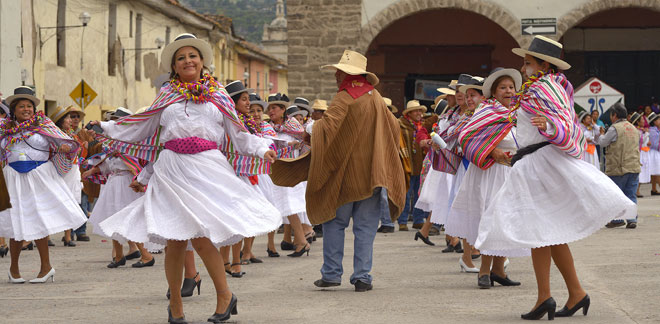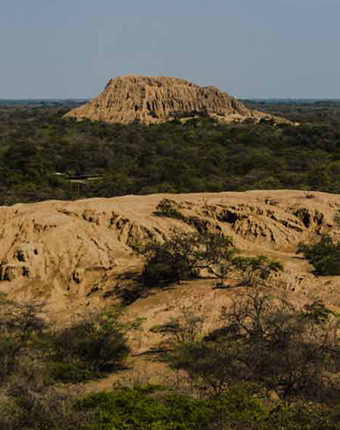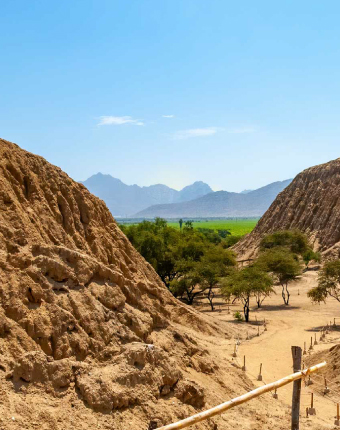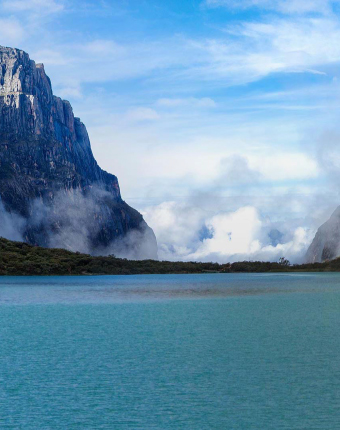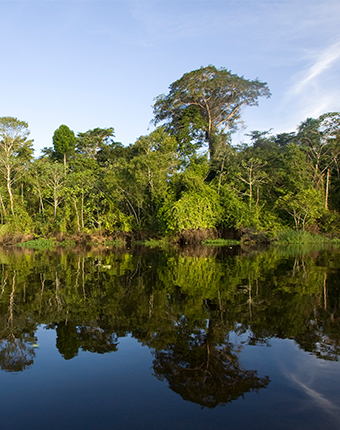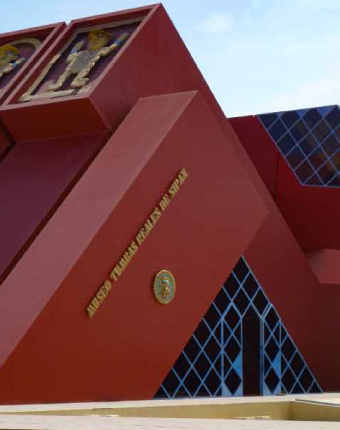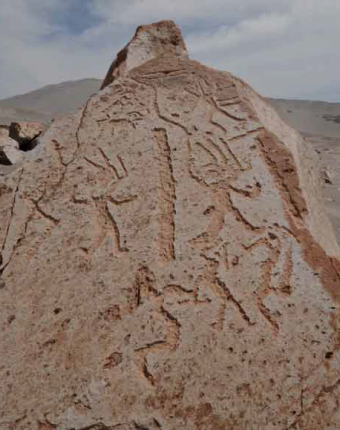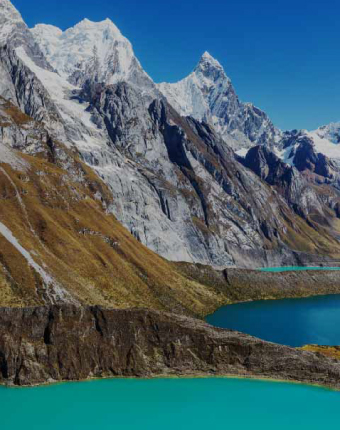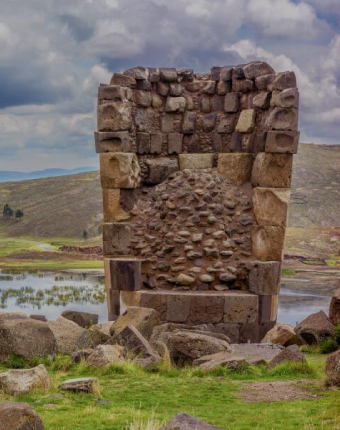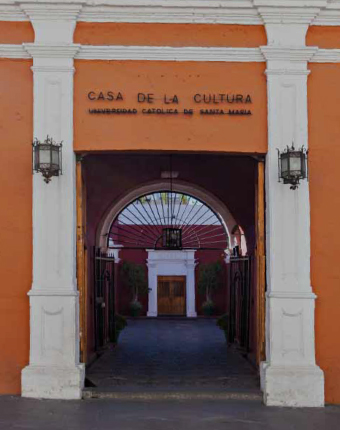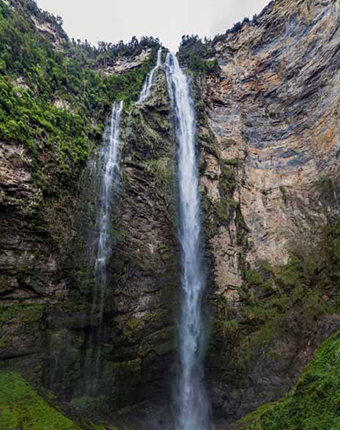
News
Film in Aymara wins big at Guadalajara.
Photography:
“Wiñaypacha” wins the awards for Best Debut Feature and Best Photography. It will be released in cinemas on 19 April.
The acclaimed Peruvian film “Wiñaypacha” won three major awards at the Guadalajara International Film Festival, one of the most prestigious in Ibero-America.
The awards were for Best Debut Feature, for which it received 125,000 pesos (approximately 21,700 Sols) and Best Photography. The awards were presented last Friday night to the movie which was filmed entirely in Aymara.
On Thursday it had already received a parallel award, the FEISAL (American Federation of Image and Sound Awards) “for being a beautiful, moving and also angst-ridden reflection of how to survive in complete harmony with your ancestral roots, family, religion, nature and traditions”, according to the jury.
ETERNITY
Like the old couple in “Tokyo Stories”, the wonderful 1953 film by Yasujiro Ozu, the hunched backs of the protagonists of “Wiñaypacha (Eternity)” must carry the sad burden of being forgotten by their son. Nevertheless, they do not go in for anger or reproaches. They spend their days weaving the blankets that keep them warm on cold nights, chewing coca leaves and dreaming that one day their son will be brought home on the breeze.
Its director, Oscar Catacora, explains that the concept of eternity in the film is a metaphor. “In the Andean worldview time is circular and everything comes back around. It’s not like the European idea of time as being lineal. That’s why the characters await the return of their son.”
CATACORA
This was the first feature length film by Catacora, who was born in Huaychani in Puno, in an Indian village. He studied at the Altiplano National University’s Professional Art School but dropped out to enlist in the Peruvian army. In 2011 he returned to university to study Social Communication Sciences. He wrote and directed the medium length film “Chulo’s Way” in 2007.
Other Peruvian films shown at the festival, although not participating in the official selection, include Desecho (Debris) and El Abuelo (The Grandad).
Source: Diario Uno


